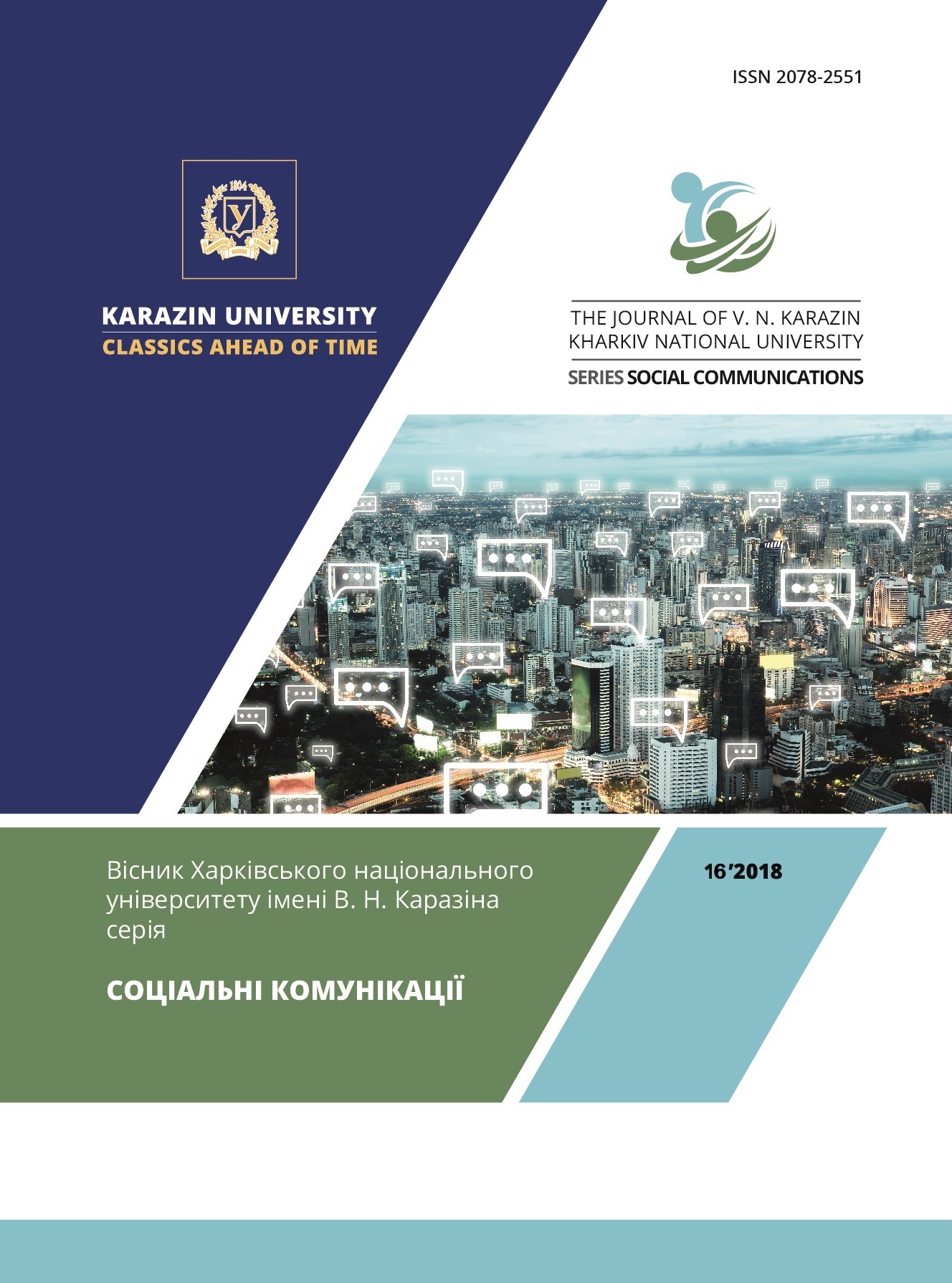Журналістська рецепція поняття «плагіат» в аспекті етико-правових засад та формування суспільної думки
Анотація
Стаття присвячена вивченню етимології терміну, юридичного тлумачення поняття «плагіат», словникових визначень цього поняття – під кутом зору рецепції поняття «плагіат» у журналістських матеріалах. Наразі проблема плагіату, запобігання йому та боротьби з ним, а також формування суспільної думки стосовно цього явища, зокрема його проявів у академічному середовищі, постала дуже гостро. Резонанс у суспільстві, викликаний численними публікаціями із цієї проблематики в засобах масової інформації, набув критичної маси, – водночас інформація, що подається, швидше, порушує проблему, ніж дає аудиторії змогу її зрозуміти, усвідомити, дійти власних обґрунтованих висновків. До тематики щодо плагіату звертається чимало вчених із різних галузей, а також журналістів і блогерів, однак їх потрактування не дають однозначних відповідей стосовно розуміння меж та параметрів поняття, – а отже, не сприяють формуванню в аудиторії об’єктивного ставлення до явища й ситуації довкола нього. Зважаючи на журналістський контент, присвячений тематиці плагіату, та зокрема на мовностилістичні особливості медіатекстів, у яких метою здебільшого є актуалізувати проблему, привернути до неї увагу громадськості шляхом максимального спрощення поняття та його потрактування, було проаналізовано етимологію терміну «плагіат», законодавче регламентування щодо цього явища в Україні, різноспрямовані словникові статті – методом компаративного аналізу та виокремлення ключових домінантних слів, що найчастіше характеризують це поняття. Це дає змогу виявити відсутність чи наявність юридично та етично коректного алгоритму розпізнавання плагіату, відмежування цього явища від суміжних явищ і категорій, а отже, й алгоритму запобігання плагіату й боротьби з ним (зокрема як із різновидом порушення академічних норм). Явище плагіату неодноразово ставало об’єктом наукових досліджень у межах різних галузей та предметом медіатизованих дискусій, що, у свою чергу, не лише призводило до конструктивного пошуку шляхів вирішення проблеми, але й мало зворотній ефект, зокрема деструктивний, пов’язаний зі спрощенням проблеми, ототожненням різних (з точки зору права й моралі) понять і явищ, формуванням і поширенням небезпечних стереотипів та викривленням суспільної думки.




